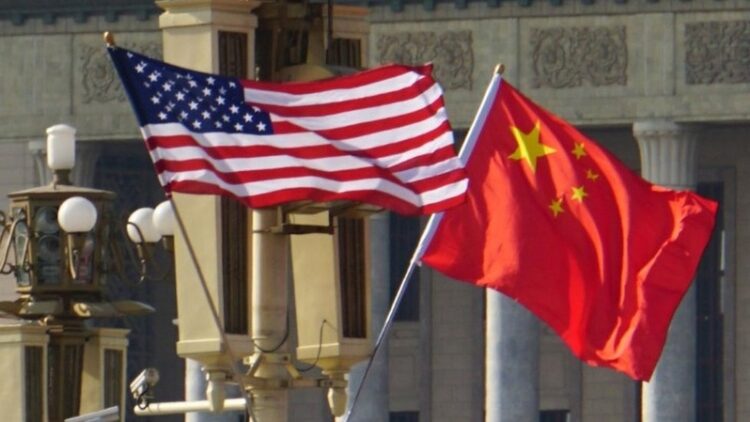Does the United States have a practical strategic vision to accomplish its national interest today? Knowledgeable sources say the course Washington has charted regarding its post-cold war Russia policy reveals it lacks such an asset.
One of Washington’s stated foreign policy goals in recent years has been to contain the militarily rising aggressive China. For this, the USA has even focused on creating structures, such as the Quadrilateral Strategic Dialogue involving India, Japan and Australia in the Indo-Pacific region. But what the US and its allies have done through its NATO policy is being counter-productive.
Washington’s policy of NATO’s eastward expansion has pushed Moscow to get closer to Beijing. When Russia annexed the Crimean Peninsula in March 2014, the West slapped sanctions against it. This made Russia turn to China. In May 2014, Russia and China signed a gas supply deal worth $400 billion. In February this year, Moscow announced new oil and gas deals with Beijing worth an estimated $117.5 billion, a $20 billion deal to sell coal to China.
On February 24, 2022, the day Russia launched what it calls a special military operation in Ukraine, China lifted restrictions that had been in place previously due to concerns about plant diseases and agreed to buy Russian wheat. With increased access to Russia’s natural resources and markets for Chinese technology, Beijing is likely to continue its economic growth and focus on its advanced military modernisation plans.
The sources lament the successive post-cold war political leaderships in Washington have been out of touch with the new realities in their NATO policy. The legendary American foreign policy expert George Frost Kennan was alive when the Bill Clinton administration was going ahead with its NATO expansion policy. With his famous “Long Telegram” from Moscow in 1946 and “X” Foreign Affairs article from the US Policy Planning Staff in 1947, Kennan had monumentally influenced the Harry Truman presidency to develop its policy of containing the then Soviet Union-headed communist bloc and to create the NATO structure in 1949. But none from the Clinton administration cared to turn to Kennan for his advice on the matter.
In an interview on May 2, 1998, after the American Senate’s ratification of NATO expansion, Kennan warned, “I think it is the beginning of a new cold war.. the Russians will gradually react quite adversely …. There was no reason for this whatsoever. No one was threatening anybody else. ”
Kennan reminded,” Our differences in the cold war were with the Soviet Communist regime. And now we are turning our backs on the very people who mounted the greatest bloodless revolution in history to remove that Soviet regime. He added,” Russia’s democracy is as far advanced, if not farther, as any of these countries we’ve just signed up to defend from Russia….” He warned Washington against treating “Russia as an aberrant.”
(The author is a New Delhi-based journalist)




















Comments